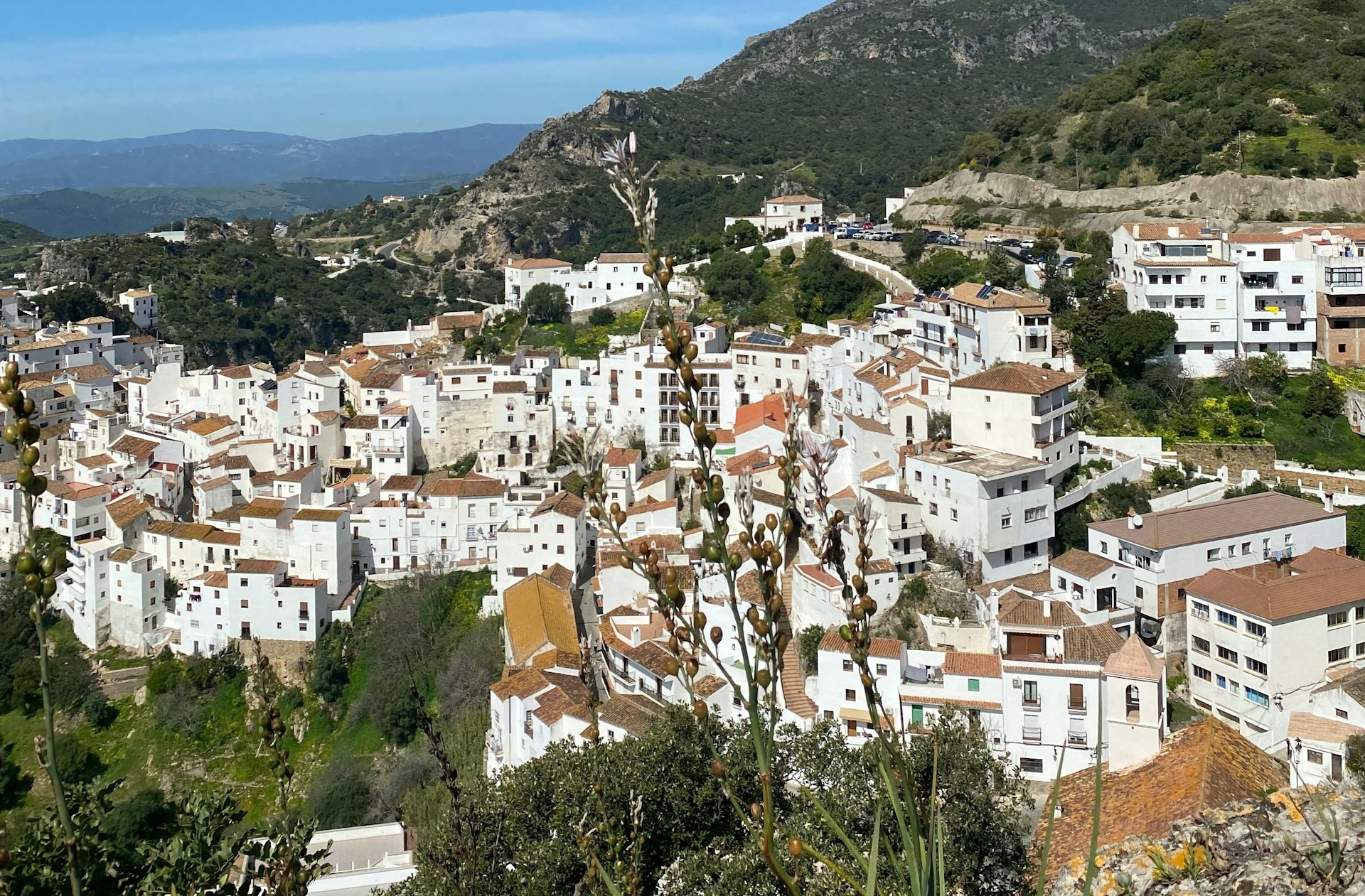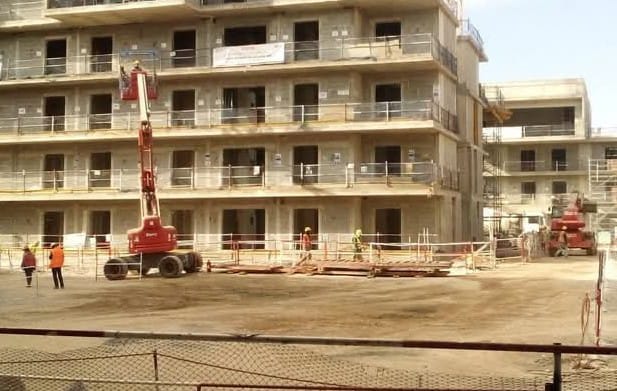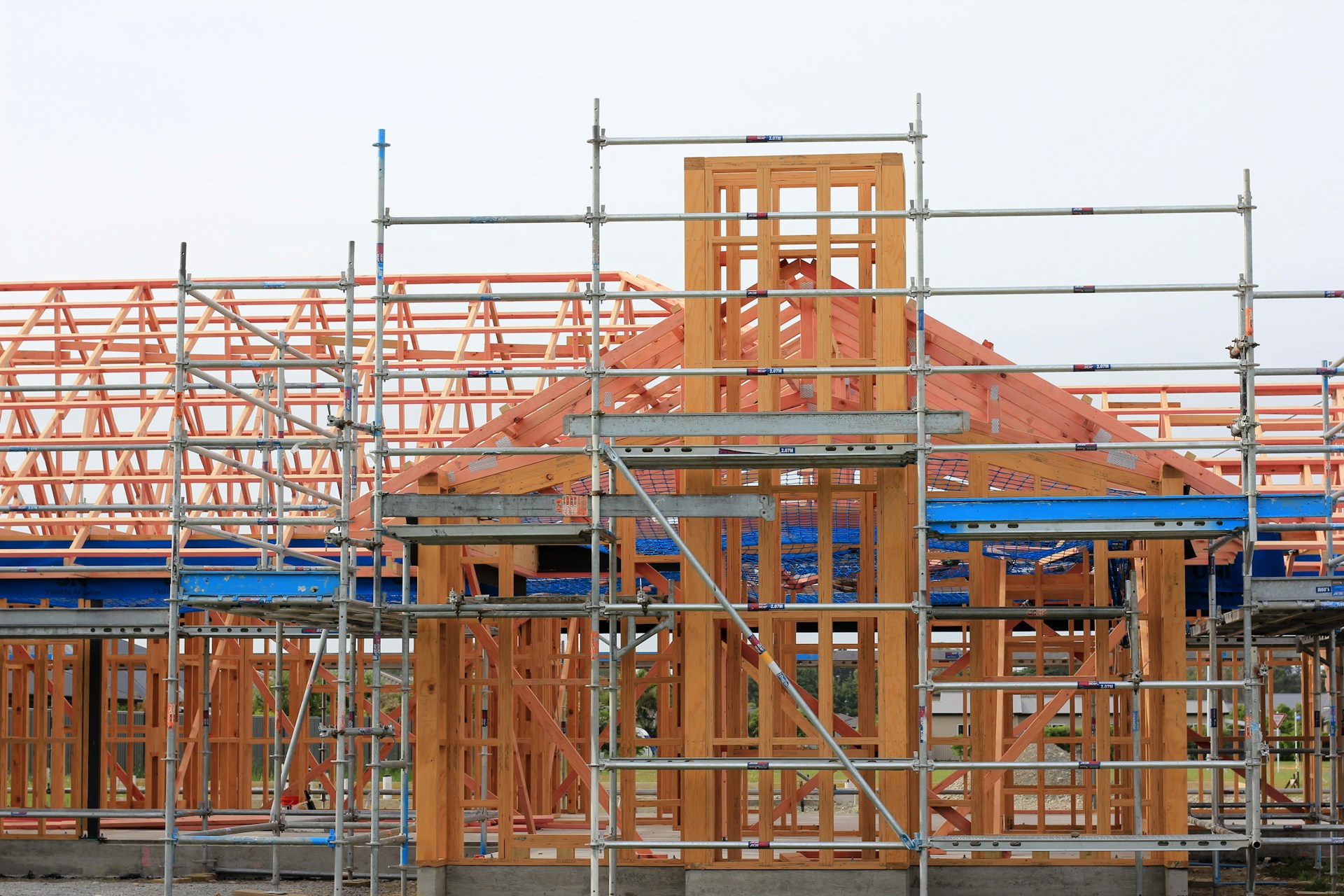Casablanca – In a significant move to tackle the ongoing housing crisis, the Spanish government has announced new regulations that will severely restrict property purchases by non-resident foreigners outside the European Union. The measure, which aims to curb rising property prices and ensure more affordable housing for Spanish residents, has drawn attention for its direct impact on buyers from Morocco, among other non-EU nations.
The government’s plan, spearheaded by Prime Minister Pedro Sánchez, includes a 100% tax on property acquisitions by non-EU, non-resident buyers. This is part of a broader set of legislative measures designed to address the scarcity of affordable housing, which has left many Spaniards unable to purchase or rent homes. The soaring housing prices, exacerbated by inflation and interest rates, have created a stark divide between homeowners and renters, fueling public frustration.
Sánchez’s remarks on the matter reflect the urgency of the situation: “We are at a crossroads in Western society—facing the risk of a divided society between the wealthy property owners and the poor renters.” Spain’s real estate market has seen a substantial increase in property purchases by foreign nationals, with approximately 27,000 homes bought by non-EU, non-resident individuals in 2023. Sánchez criticized these transactions, stating that many of these purchases were made not for living purposes but for speculative investment.
One of the key concerns is the growing role of foreign investors in Spain’s prime real estate markets, particularly in tourist-heavy regions like Barcelona, Marbella, and the Balearic Islands. The influx of non-EU buyers, including a notable percentage from Morocco, has contributed to the shortage of properties available for local buyers.
Critics of the new policy argue that limiting foreign investment could hurt Spain’s lucrative tourism sector, where second homes and vacation rentals play a significant role in the economy. However, proponents of the plan argue that it is a necessary step to protect the interests of local communities, ensuring that Spaniards can access homes at fair prices.
This move comes as part of a broader housing reform strategy, which includes initiatives to increase the availability of public housing, offer tax incentives for affordable rental properties, and tighten regulations around short-term tourist rentals like those listed on Airbnb. Additionally, the government is pushing for a public housing expansion, with new projects aimed at providing affordable, long-term rental options for the growing number of young Spaniards struggling to enter the property market.
The government’s controversial plan also includes other tax measures, such as taxing tourist apartments as economic activities and increasing taxes on real estate investment companies, or SOCIMIs, unless they promote affordable housing rental. These measures are expected to ease the pressure on the local housing market and improve accessibility for Spanish citizens.
While the restrictions have sparked debate, particularly among foreign investors, they reflect the government’s determination to address a housing shortage that has reached critical levels. As the situation unfolds, the impact of these new laws on Spain’s real estate market, and the foreign buyers from countries like Morocco, will likely continue to be a topic of significant discussion.
















